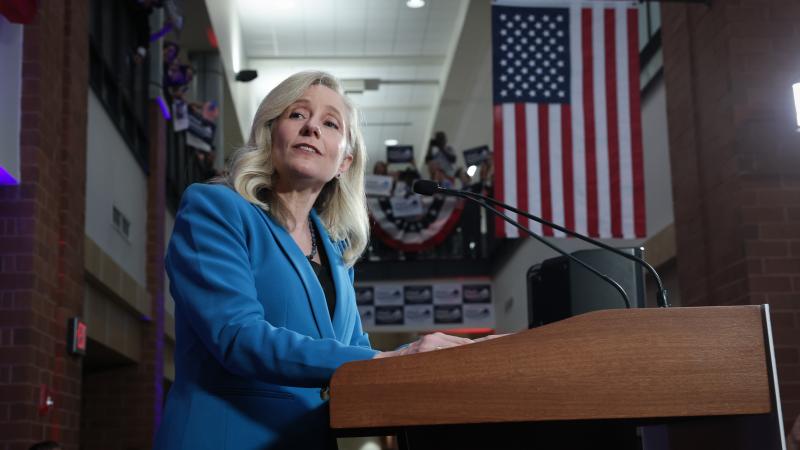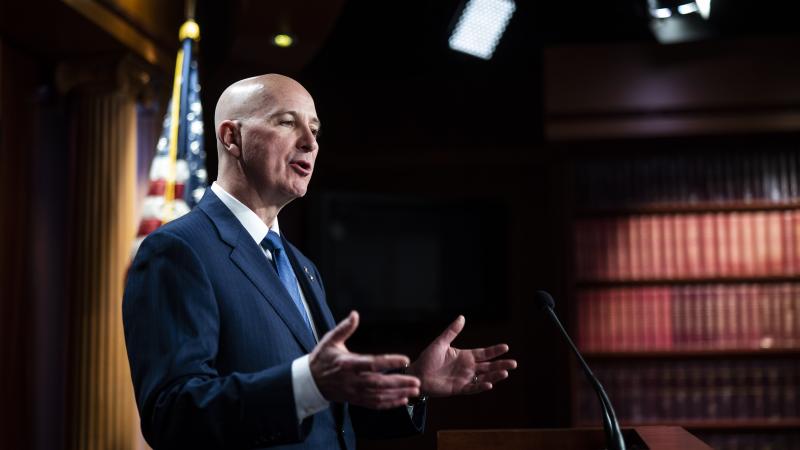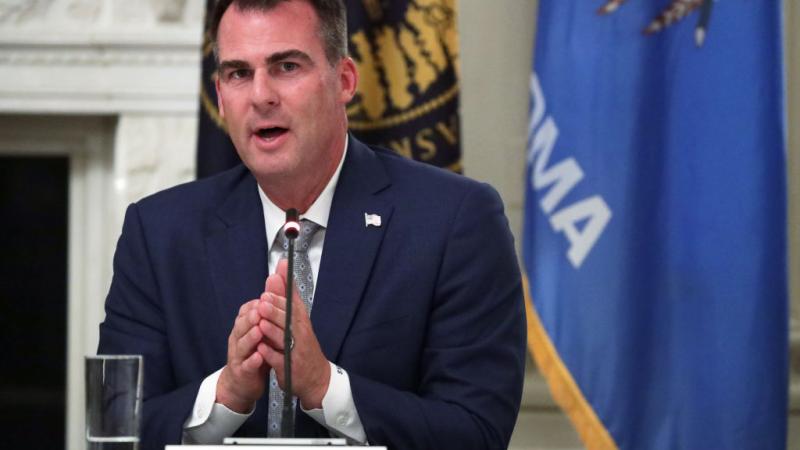Dr Oz finds Medicaid fraud has cost taxpayers at least $14 billion, according to DOGE
"There's about $14 billion we've identified with DOGE, of folks who are duly enrolled wrongly in multiple states for Medicaid," Oz said. "You live in New Jersey, but you move to Pennsylvania, and which state gets your Medicaid? Turns out both states collect money from the federal government."
Centers for Medicare and Medicaid Services Administrator Dr. Mehmet Oz revealed over the weekend that widespread fraud in Medicaid has cost American taxpayers approximately $14 billion that the Department of Government Efficiency (DOGE) has uncovered.
Oz said that it was imperative that Medicaid be "cleaned up" so that it can help the people it was designed for, including people who are unable to work due to a severe disability and older people who are retired, instead of people who are abusing the system.
The administrator said on Sunday that Medicaid was a prime example of the abuse in federal funding that was discovered in a review by DOGE.
"There's about $14 billion we've identified with DOGE, of folks who are duly enrolled wrongly in multiple states for Medicaid," Oz said on Fox News' "Sunday Morning Futures" TV show. "You live in New Jersey, but you move to Pennsylvania, and which state gets your Medicaid? Turns out both states collect money from the federal government."
Oz said part of the problem is also that there is no federal work requirement to get on Medicaid, which does exist for other federal assistance like food stamps.
"Let's be clear what this means. It doesn't mean you have a job. It means you're trying to get a job – which is a good thing because we have twice as many jobs as there are people looking for them right now," he said.
"But, if you don't or can't seek a job, you can volunteer somewhere. You can get an education. You can help out with other people inside the household," he continued. "There's many ways that you can chip in. There is a work requirement for ... the food stamps program. There's a lot we can do. I think there's a moral hazard if we don't, because you've got people who are not working who could work, who should work, and it's better for them and better for the country if they do."
The administrator added that states are incentivized to keep people on Medicaid, even if they are able-bodied, because it helps bring in more federal funding, which could harm retirees on Medicare.
"Right now, in many states, if you go to the hospital, and you're an able-bodied person, the hospital gets paid more [for a Medicaid beneficiary] than if you're a Medicare beneficiary," he said.
"People work their whole life, chipped into Medicare, they get the program, they retire thinking they have got a great system, and the hospital tells them, 'Listen, you guys don't pay as well as the able-bodied folks on Medicaid who haven't been able to get a job.' So, in a way, we value them more, and that's what ends up happening that disrupts the system."
Misty Severi is a news reporter for Just The News. You can follow her on X for more coverage.












